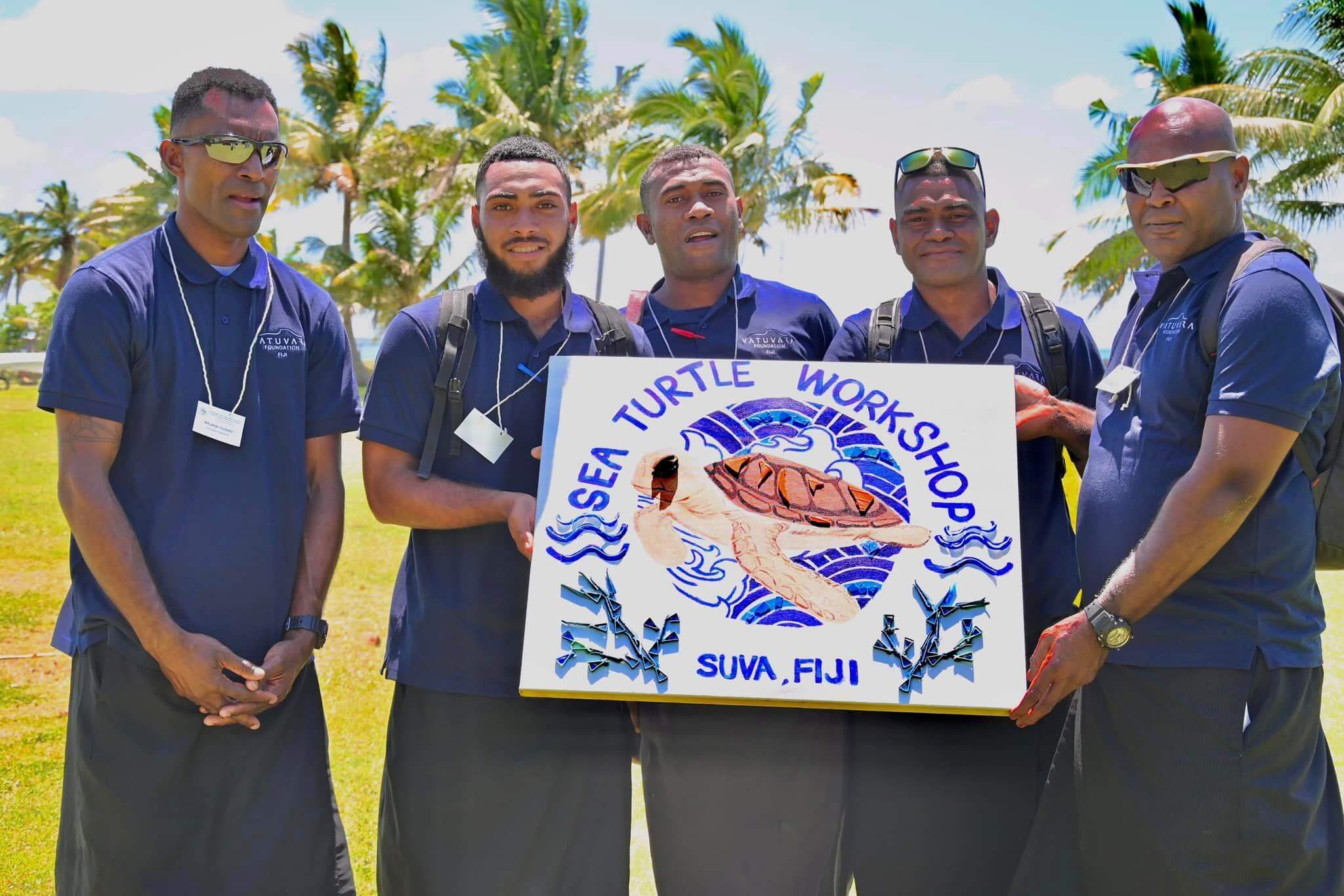Related News

The Discipline of Marine Studies at The University of the South Pacific (USP) wrapped up its two-day sea turtle workshop aimed to shed some light on the ‘Conservation of Sea Turtles within the Cultural Context of Oceania’.
The workshop was convened to create more awareness of the need to protect sea turtles, explore their significance in the fabric of Pacific Cultures, and identify practices that would strike a balance between meeting cultural needs and ensuring a thriving turtle population.
In her address, Fiji’s Ministry of Fisheries Principal Research Officer, Saras Wati Sharma, said, “The conservation and protection of sea turtles is a matter of great importance locally and regionally.”
“The responsibility to ensure their survival rests on our shoulders, and workshops like these serve as a testament to our commitment to safeguarding our marine environment.”
She added, “At the national level, the Ministry has engaged in several initiatives, a key one being our involvement in the formalisation of the establishment of the Fiji Marine Turtle Steering Committee.”
“This is in recognition again of the cultural and traditional importance of these iconic species for Fiji and given that five of the seven known species of marine/sea turtles exist in Fiji and a number of these nest and forage in and around Fiji’s waters.”
Fiji, with its rich marine biodiversity, is home to several species of sea turtles that play a vital role in maintaining the health of the Blue Pacific Continent.
This workshop provides a unique platform for collaboration, bringing together experts, researchers, policymakers, and stakeholders from various sectors.
USP Marine Studies Discipline Coordinator Dr Satalaka Petaia stressed that the workshop has provided training and capacity-building opportunities for students and regional partners.
“Conserving marine resources is okay, but conservation without considering the needs and aspirations of the people who depend on those marine resources would be a waste.”
Dr Petaia explained that marine resource conservation, whilst important, should not deprive those who depend on marine resources for their livelihood or prevent them from fulfilling unique Pacific cultural practices.
“Formulation of management plans must encompass the need to ensure that we promote ecological sustainability and social-cultural sustainability. This is the type of conservation and management that we need in the region, making sure that the cultural values and beliefs of the people are taken into account.”
USP Marine Collection Curator Kelly Brown also emphasised the university’s commitment to supporting such projects to ensure all goals set out are achieved on time, adding that this is the second workshop conducted so far that places a focus on sea turtle protection.
The exchange of knowledge and ideas during two-day sessions undoubtedly contributed to developing comprehensive strategies for the sustainable management of sea turtle populations.
The two-day workshop was convened by Ika Bula Consultants in collaboration with the International Union for Conservation of Nature (IUCN)/Species Survival Commission (SSC) Marine Turtle Specialist Group – Oceania, Fiji’s Ministry of Fisheries and hosted by USP.